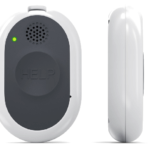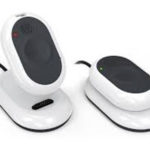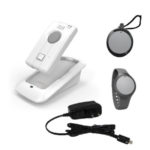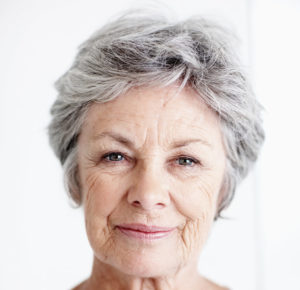Would you benefit from a medical alert system? Which system is right for you? Take our Medical Monitoring Assessment to find out!





About Us
Optimum Life Care
As one of the nation’s largest independent providers of medical alert systems, Optimum Life Care is trusted by hundreds of thousands of families, hospitals and healthcare organizations throughout the country–and with good reason.
Optimum Life Care provides comprehensive at-home and on-the-go medical alert systems to keep you safe and independent while living in your own home and community. Their lightweight, waterproof medical alert systems provide 24/7 monitoring and access to emergency response at the push of a button. Equipment comes at no charge with no activation fees or long-term contracts. Each system is available with Automatic Fall Detection, which senses a fall and connects you to an operator even if you can’t push your button.
Enjoy the independence you love and the security you need knowing that help is always just a button push away. Optimum Life Care delivers ultimate peace of mind at the best value with extremely affordable prices, unmatched customer service, a clean and transparent shopping experience, and immediate emergency response anytime, anywhere.
Who needs one? The case for medical alarms.
A Personal Medical Alarm is highly recommended for most seniors and absolutely essential for people who suffer from a list of many, common medical conditions and disabilities.
People with these conditions are at risk from falls or the sudden onset of acute symptoms or deterioration in their existing condition.
When it comes to falls the statistics are perhaps surprising. Most people don’t know that 1 in 3 people over 65 years have a substantial fall in any given year.1
Falls are the leading cause of injury-related hospital admissions in people aged over 65.2
60% of falls occur at home. They usually occur when getting out of a chair, bed or when going to the toilet.2
The estimated average total hospital stay due to an injurious fall by an older person is 15 days.5
Older people are at increased risk because normal ageing often involves worsening balance, eyesight, muscle tone & slower reaction times.
It also recommended in many circumstances by nurses and carers for those senior people recently discharged from hospital.
Those who fall are two to three times more likely to fall again4. The risk of falls increases proportionally with age. At 80 years, over half of seniors fall annually.
For the elderly who fall and are unable to get up on their own, the period of time spent immobile often affects their health outcome. Muscle cell breakdown starts to occur within 30-60 minutes of compression due to falling. Dehydration, pressure sores, hypothermia, and pneumonia are other complications that may result.
Getting help after an immobilizing fall improves the chance of survival by 80% and increases the likelihood of a return to independent living.
Clients Say
Contacts Us
Monday to Friday: 9:00 AM to 6:00 PM
Saturday: 9:00 AM to 5:00 PM
Sunday: Closed
Phone: 1-888-220-4244




